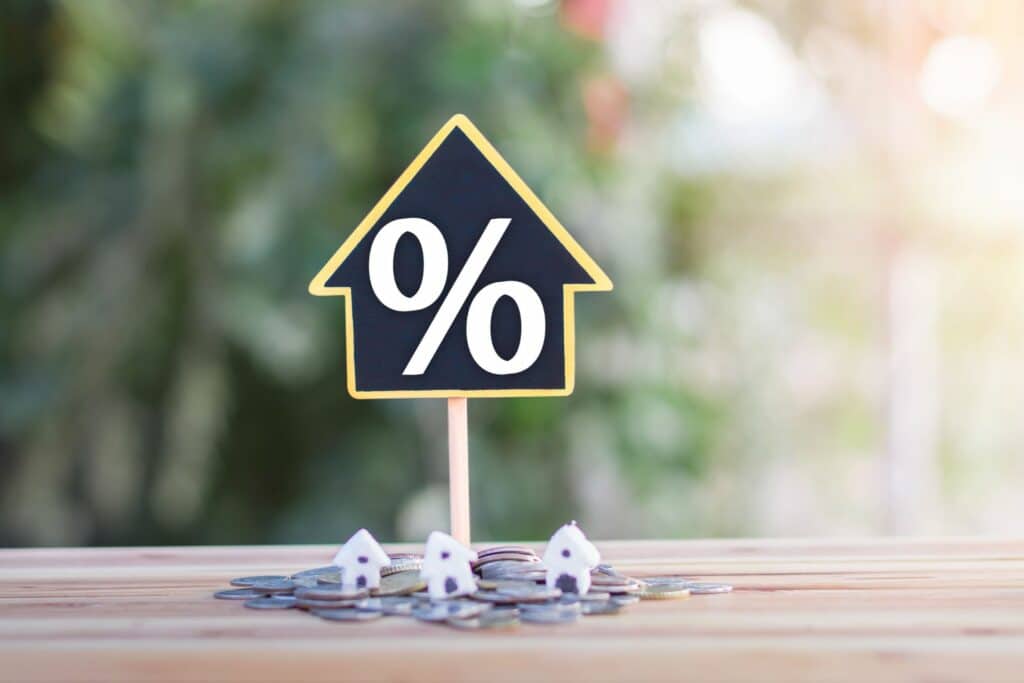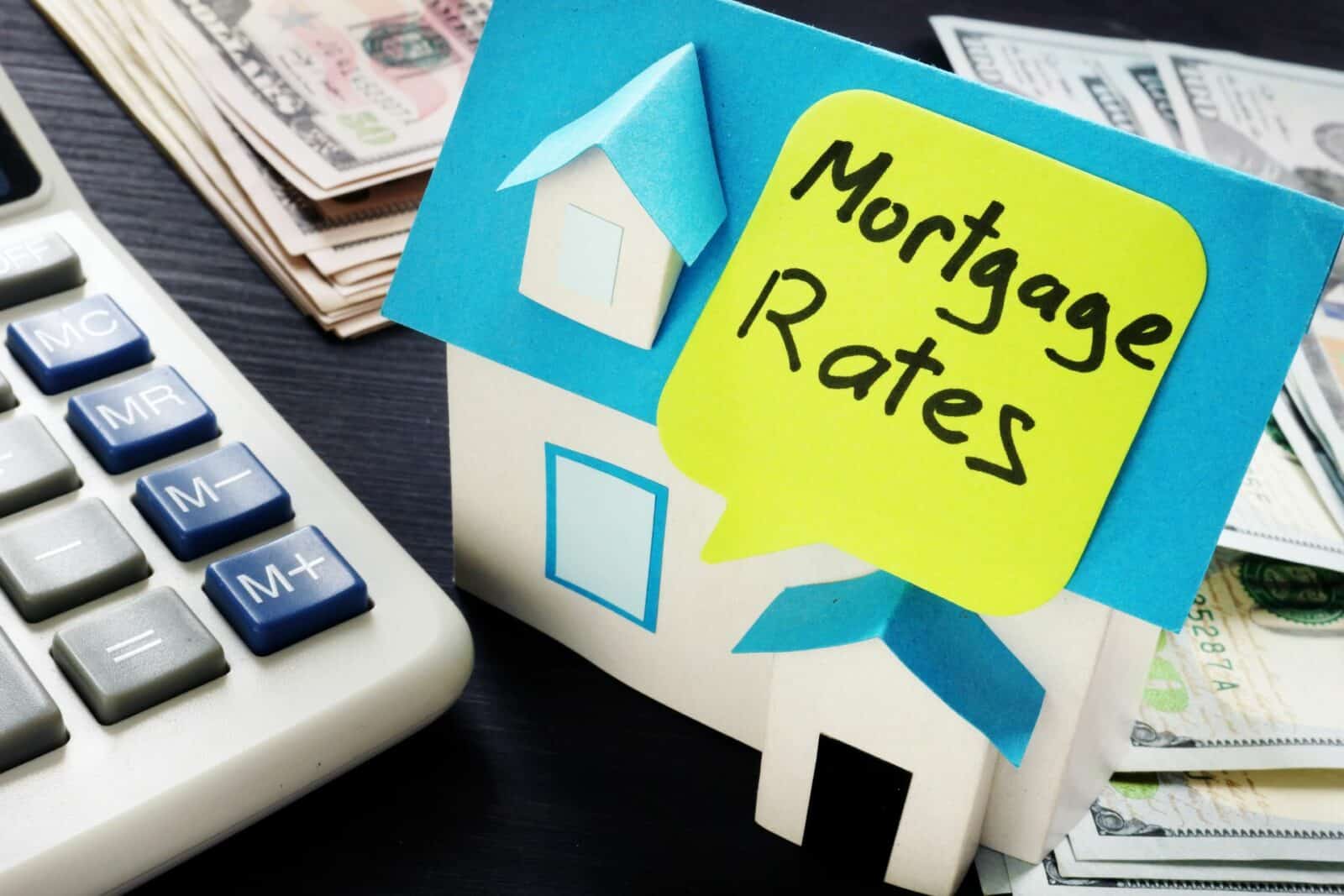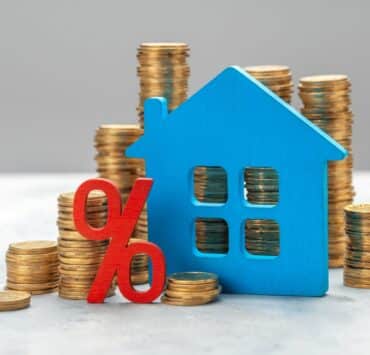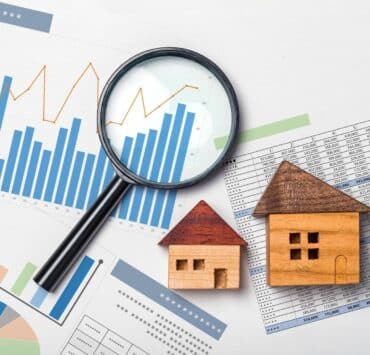Housing market data indicates that the most optimistic buyers during the pandemic are more prone to cease paying their mortgages. Here’s a deep dive on borrower expectations on mortgage behavior.
The Role of Expectations in Housing Market Dynamics
Traditional methods of forecasting housing prices and broader economic indicators are proving inadequate. Recent research explores an overlooked aspect of home buying: the significance of buyers’ expectations. It’s found that the expectations of mortgage borrowers regarding future housing prices are pivotal for comprehending the health of the economy.
The Influence of Expectations on Borrower Behavior
There’s a consensus that expectations about future increases in housing prices and interest rates significantly shape housing market dynamics. The reasoning is simple: if individuals believe that home values will rise, they are more inclined to take on additional debt. This effect is heightened in the housing market because one cannot bet against market downturns, rendering the positive outlooks of buyers more influential.
Previous studies have shown that this optimism can fuel rapid increases in housing prices, leading to “bubbles” characterized by inflated house prices driven by speculation.
 Impact of Declining Expectations During the Pandemic
Impact of Declining Expectations During the Pandemic
However, what happens when housing prices remain high but expectations start to decline?
Findings indicate that expectations play a crucial role in the decision-making processes of mortgage borrowers. During the COVID-19 pandemic, there was a period when confidence in future housing price increases diminished, despite actual prices still rising.
Observations from Mortgage Behavior
Observations show that borrowers who were initially the most optimistic about price increases were significantly more likely to request mortgage forbearance—a temporary pause or reduction in payments—by about 50% more than the broader population of mortgage borrowers (6% versus 4% in our study) during this period.
This underscores the significant impact of borrower expectations on the housing market and economic stability.
The Dominance of Expectations Over Reality
Expectations outweigh reality. Initiating research with data from the Federal Housing Finance Agency, specifically the National Mortgage Database, revealed something intriguing: before 2020, individuals who were optimistic about future house price increases were more likely to pause their mortgage payments early in the COVID-19 pandemic, despite the ongoing rise in house prices.
This observation led to understanding that these borrowers were reacting more to their expectations about the future than to the actual market conditions at the time. When their outlook on house prices temporarily worsened, they opted for forbearance. However, as their optimism returned towards the end of 2020 and throughout the pandemic, these same borrowers began resuming their mortgage payments.
Implications for Housing Policy and Finance
This pattern underscores how crucial expectations are in shaping borrowers’ actions, which, in turn, has significant effects on the broader economy. After the study period, which concluded in 2022, expectations dropped substantially heading into 2023. Findings suggest that the wave of optimistic borrowers between 2021 and mid-2022 may be particularly vulnerable to such drops in expectations if coupled with negative equity or job loss.
Fortunately for the mortgage market, the economy—and house prices—remained robust throughout this recent episode of falling expectations.
Recommendations for Further Research
Understanding people’s expectations is challenging—they are difficult to measure and introduce the challenge of adverse selection, where borrowers possess more information about their ability to repay loans than lenders or investors do. Discovering that something not typically tracked by mortgage investors, such as borrower expectations, can significantly impact loan repayment behavior is striking and warrants further attention.
Implications for Regulatory and Monitoring Bodies
For those regulating and monitoring the housing market, grasping the relationship between people’s expectations and actual events can lead to improved forecasts and more informed policymaking.
Related posts:
 Affordable Rental Provider Repays $710K to Arlington County
Affordable Rental Provider Repays $710K to Arlington County
 Reduce Your Environmental Footprint: Simple Water Conservation Tips for Your Home
Reduce Your Environmental Footprint: Simple Water Conservation Tips for Your Home
 10 Precautions to Stay Safe During a Home Renovation
10 Precautions to Stay Safe During a Home Renovation
 Surge in US Housing: A Close Look at the November 2023 Boom
Surge in US Housing: A Close Look at the November 2023 Boom
 Seattle Fort Lawton Housing Plan Revision: A New Vision for Affordable Living
Seattle Fort Lawton Housing Plan Revision: A New Vision for Affordable Living



